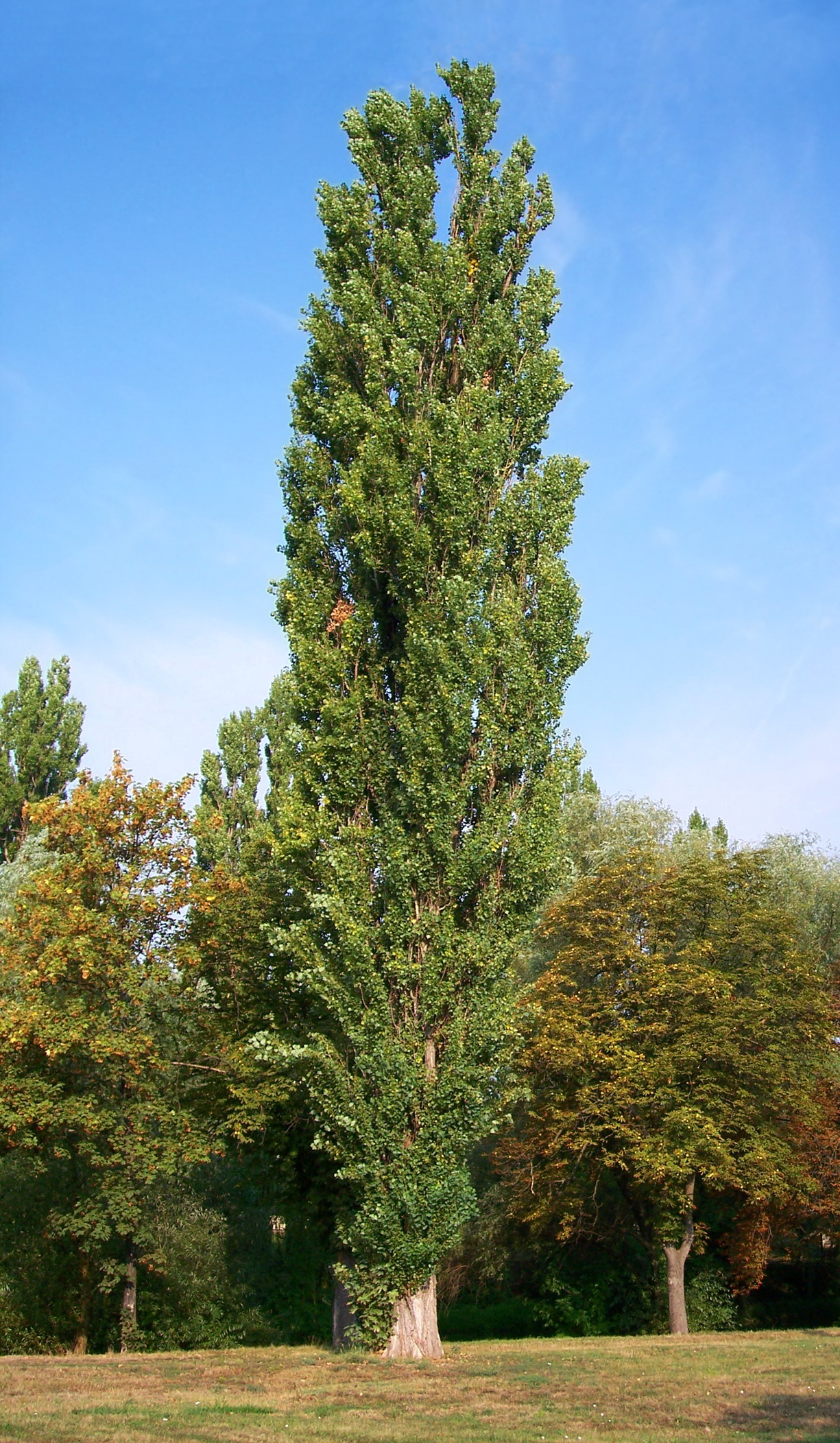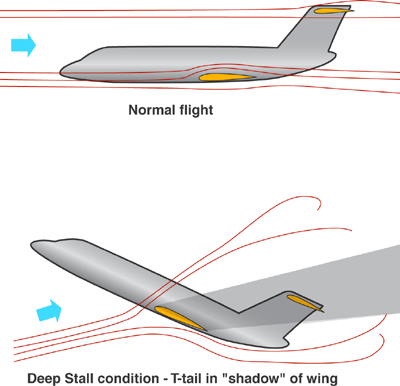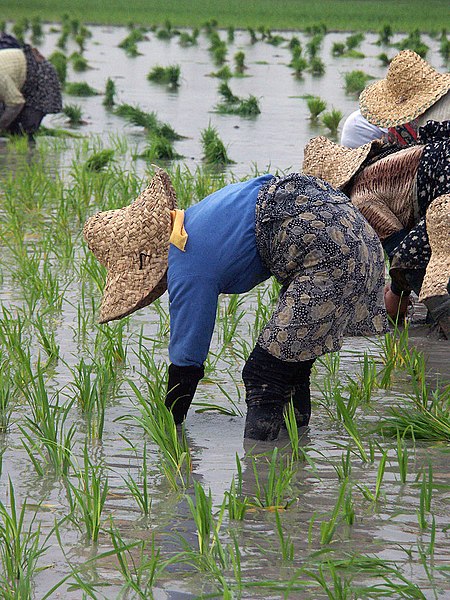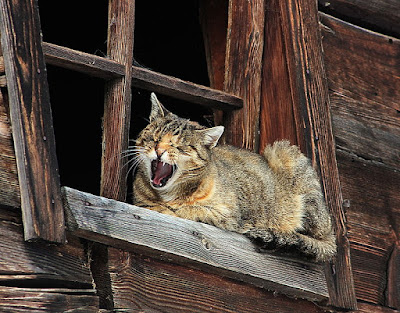CorporateNature Metaphor Series, No 87
Britain's global dominance grew like a poplar tree: the rise of Britain was quick and reached high. In the century between the defeat of Napoleon in 1815 and World War 1, Britain was the undisputed global power. The memory lives on.
Many Brits, however, confuse the metaphor of the poplar with the more popular British symbol: the English oak. An oak can live for over a thousand years; a poplar barely lasts a hundred. What makes things worse for the poplar is that the core of the poplar trunk usually goes hollow as years go by and this eventually brings about its demise (though cuttings may emerge and re-grow into young trees from the stump.)
Britain owes to industrialisation and colonisation its transformation into a global power in the 19th century. By the 21st century, however, these two phenomena are merely a distant memory for Britain. Brexiteers still think that, because Britain is standing tall in the forest of the world's nations, it must be a formidable player. Yet, once you realise that the core of the poplar is hollow, you have to accept that the UK has a more limited role to play in global politics and trade.
In this respect, Britain can learn from small countries like Bulgaria and Denmark. Bulgaria saw the zenith of its power in Europe in the 10th century, while the Danish/Norse Vikings conquered Europe in the Middle Ages but have not been heard from since. Both Bulgaria and Denmark were once poplars that have since toppled over and all that is left of them is a clump of cuttings around the stump. Britain's poplar still has a standing trunk but it now firmly belongs to the poplar club, even if being a poplar may not be particularly popular with many Brexiteers.
 |
| Poplar tree (Source: Wikipedia) |
http://brexitmetaphors.blogspot.com/2019/03/poplar-not-oak.html)









